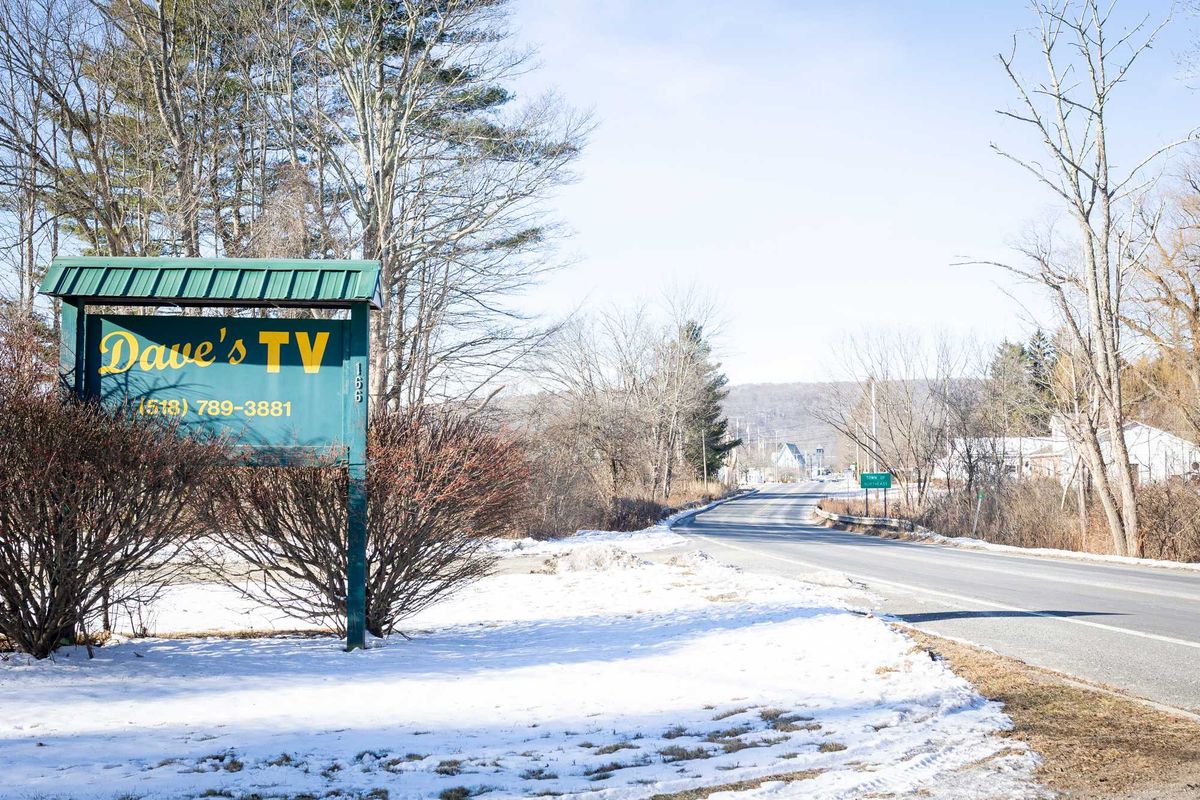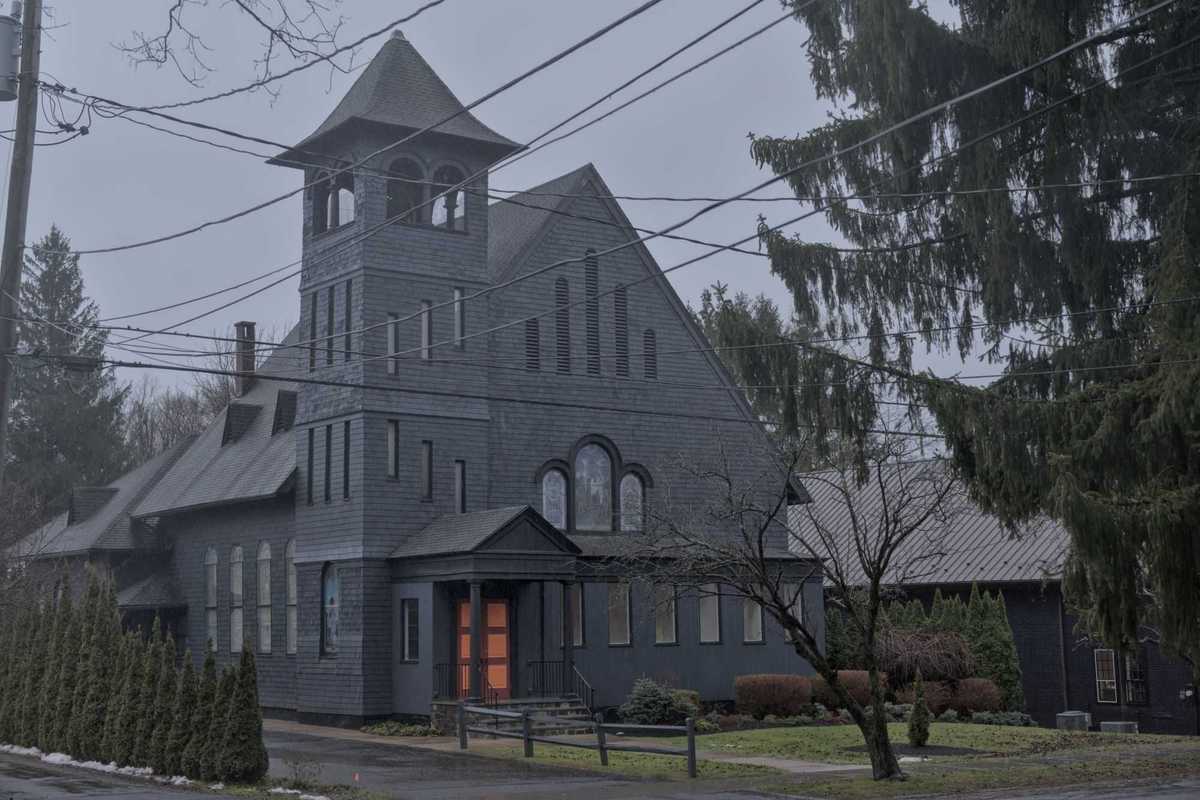“To kindness and love, the things we need most.” —The Grinch
In the era of Jimmy Carter’s presidency, the media was accustomed to covering First Ladies on the Women’s pages of their publication. Yes, Jacqueline Kennedy was a three-year headline stealing JFK’s charismatic thunder and establishing a historically rich, renovated White House. But it was Rosalynn Carter, the Steel Magnolia from Georgia, who like Hillary and Eleanor, was a politician in her own right, loved campaigning, drove mental health policies, solo visited heads of states, was a lifelong advocate and on-the-ground champion for human rights and alleviating human suffering.
Rosalynn and Jimmy Carter founded the Carter Center in 1982 and spent over 40 years actively engaged (being there, traveling the world, wielding a hammer, overseeing an election) to eradicate disease, build democratic states, resolve conflicts, and strengthen the treatment of mental health. Small and rather soft spoken, Rosalynn always walked visitors to the door — savoring that last moment to influence, position, gain an ally.
Rosalynn Carter lived a superbly useful and powerful life. She was a role model for the world. We heard far too little about this tenacious mover during Carter’s presidency and after as he with the Carter Center was awarded the Nobel Prize for Peace in 2002.
Following Rosalynn, Barbara and Laura Bush championed childhood literacy, Hillary Clinton health care, Michelle Obama childhood obesity and girl education.
More recently, Melania Trump has seemingly endured being First Lady — dragged into a position she never sought, pressed into a costume that didn’t fit. Melania’s official initiative, Be Best, was aimed at eradicating cyberbullying — increasing the “well-being “of children. Be Best was announced in the Rose Garden in May of 2018, and immediately was followed by Trump’s Presidential proclamation of Be Best Day, May 7. The effort fully reproduced an Obama-era guide developed for teenagers regarding the Internet — reprinted the guide with a new name on the cover and all the original’s typos within.
Be Best goals were outlined — not advanced. Cyberbullying was a peculiar choice for Donald Trump’s First Lady — who boarding a plane to visit immigrant children separated from their parents and held in cages at the U.S. border wore a jacket with “I Really Don’t Care — Do You?” in bold white letters across the back. Cyberbullying? Caring?
The “Bully Pulpit” Franklin Roosevelt coined in the 1930’s as a terrific platform for Presidential advocacy of a national agenda — “bully” as in wonderful or superb — “bully” good. Mangled now, Trump’s bully pulpit is that which Melania’s Be Best initiative targets for prevention: venomous hurled words to abuse, violate, endanger others. Donald Trump endlessly bullies from his self-preservation pulpit — not a shred of decency, not a trace of innocence.
Enter please better angels, Roslynn Carters to bless the world, to champion human rights and alleviate suffering. Come soon a silencing of violent threats/abusive barbs robbing us of unity and peace.















Rosalynn Carter’s legacy